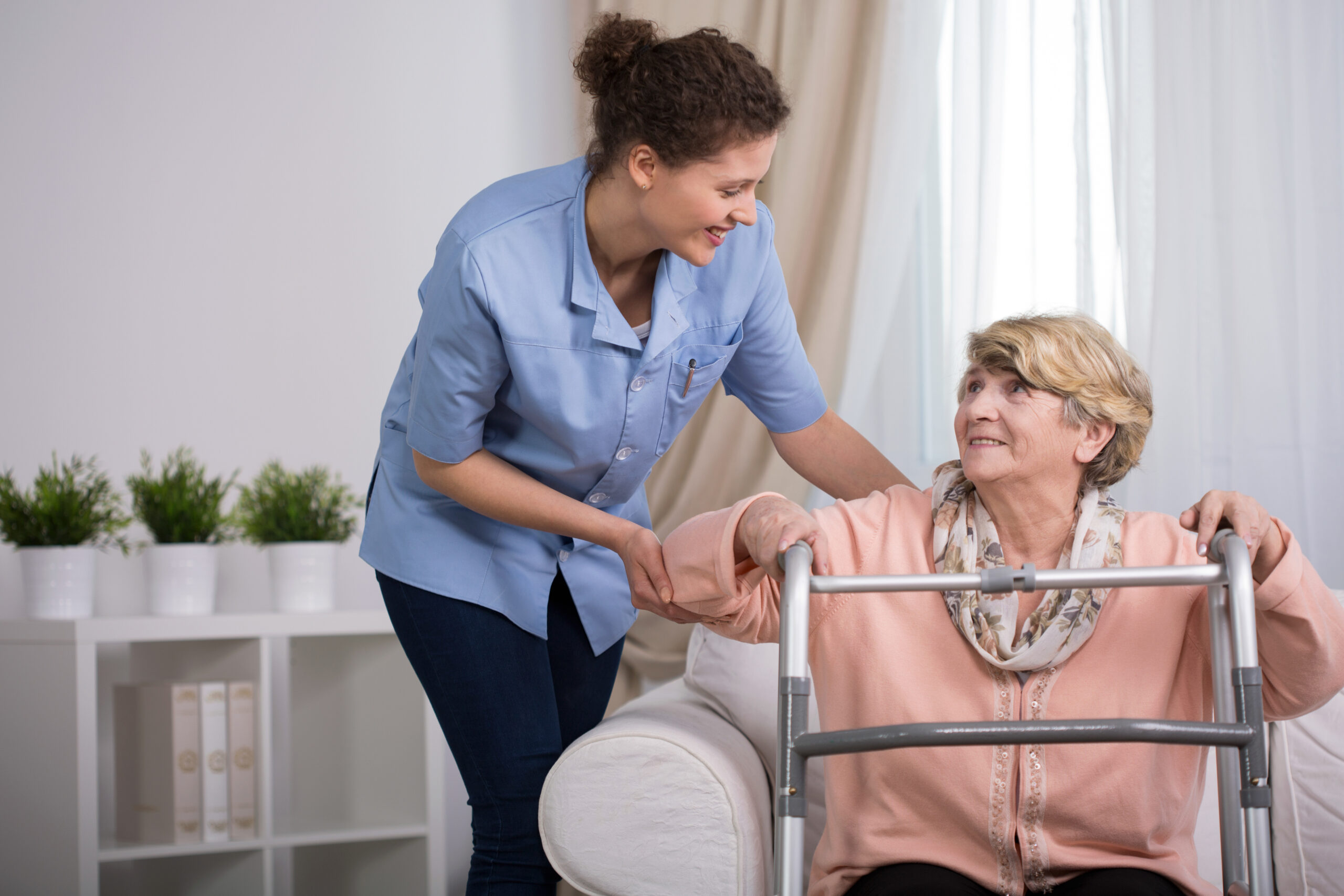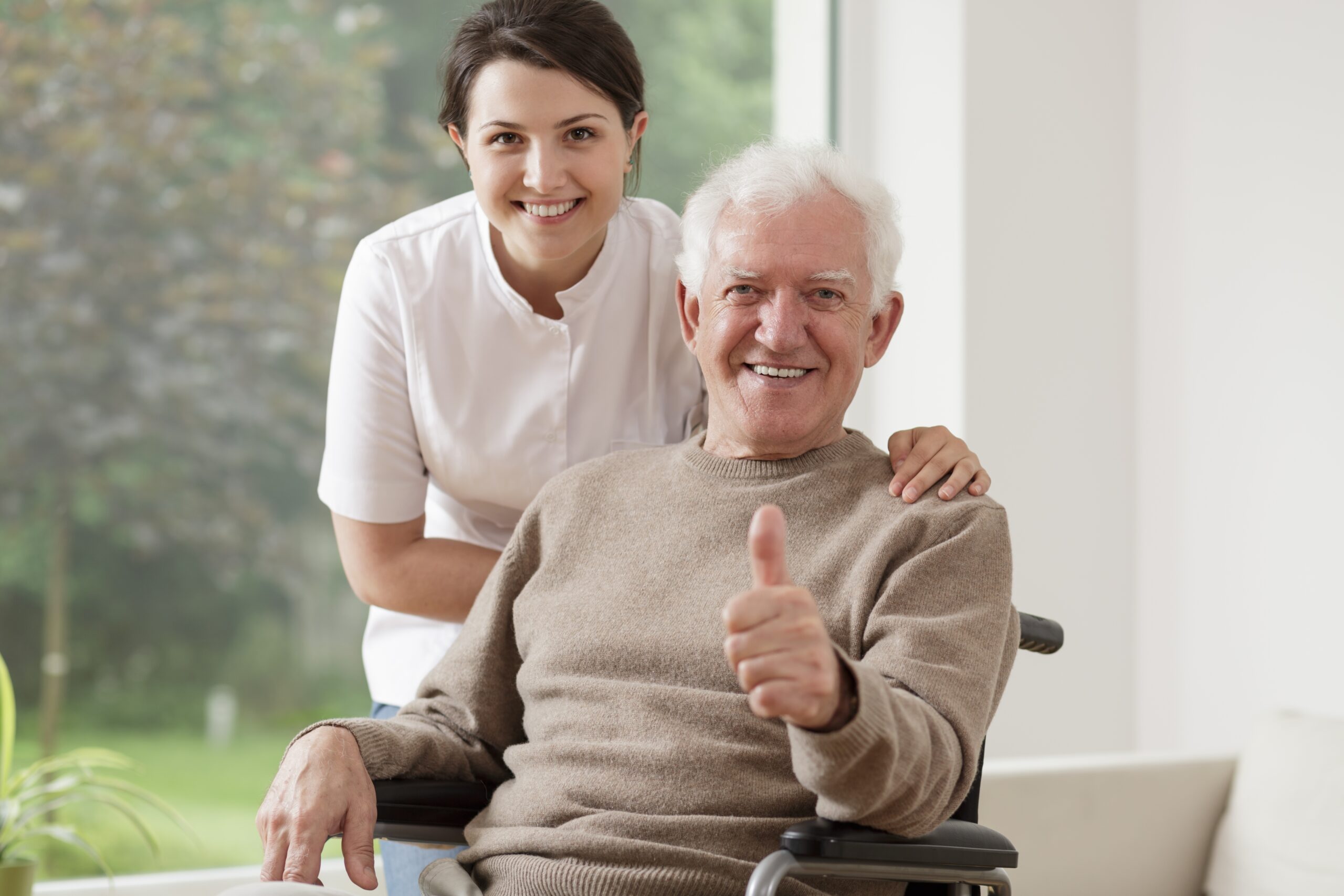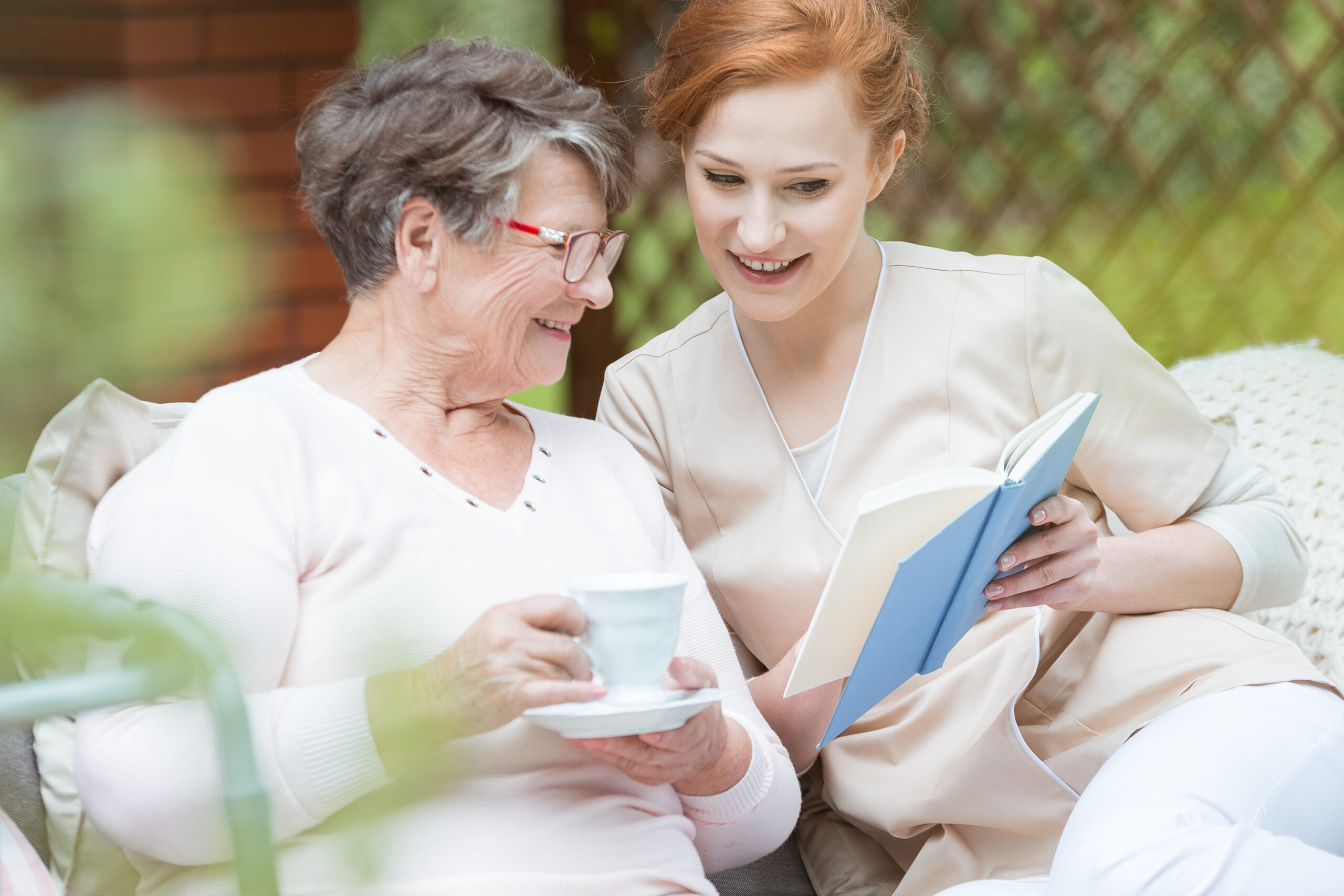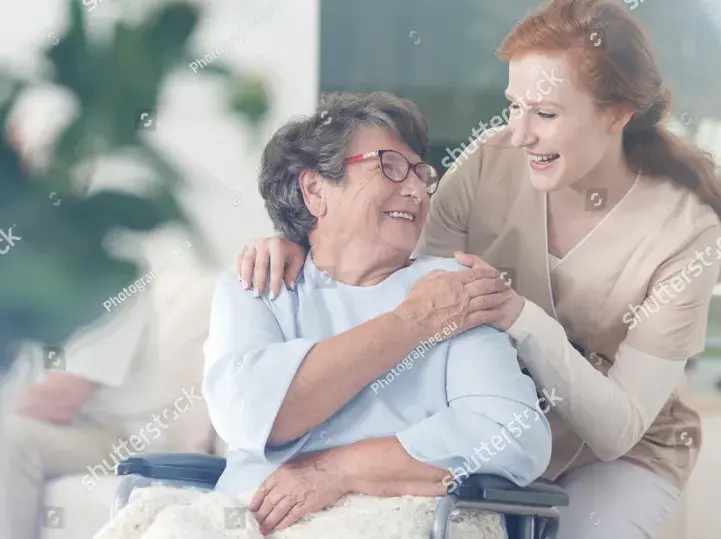24-Hour and Overnight Care for Peace of Mind

As a family caregiver for a loved one, the stress and anxiety of providing secure and comprehensive care can be overwhelming. It may be time to consider 24-hour or overnight care to ensure safety and give you peace of mind. Let’s look at situations where 24-hour or overnight care is appropriate.
24-Hour Care

Who is 24-Hour Care For?
24-hour care can be temporary or permanent, depending on your loved one’s situation. Here are some examples of when 24-hour care may be necessary:

Your loved one has dementia or some other cognitive or mental health problem that requires continuous oversight due to safety concerns.
Your loved one cannot dress, bathe, transfer, shop, or cook safely due to physical limitations such as having had a stroke or surgery.
Your loved one’s complex medical needs require help with oxygen, feeding tubes, catheters, or wound care.
Your loved one is isolated and unable to drive.
Your loved one needs assistance with taking medications.
Your loved one has had a recent hospitalization that requires oversight and monitoring of symptoms.
Your loved one has mobility issues that can increase the risk of falls, requiring hands-on assistance.
Your loved one is on hospice at home, and 24-hour care can augment hospice services by monitoring pain, reporting on your loved one’s condition, and providing assistance with bed baths, toileting, and companionship.

The Benefits of 24-Hour Care

Being at Home
Most older adults state they prefer to be at home in familiar surroundings. The comfort of home can increase emotional well-being and reduce stress. Being at home allows easier access to friends and other established community resources and support.
Individualized Attention
At home, caregivers provide personal, one-on-one attention tailored to individual preferences and health requirements.
Safety and Security
Round-the-clock care ensures that someone is always available in case of an emergency, allowing potential safety and health concerns to be identified early.
Privacy
At home, individuals can have greater privacy, which fosters an environment of dignity and respect.
Companionship
Isolation and loneliness can lead to worsening health conditions, depression, and anxiety. Having someone available to talk to and engage in activities improves mental and physical well-being.
Family Peace of Mind
Whether you are the primary caregiver or not, knowing your loved one is safe is priceless. You can also focus on other responsibilities such as family, health, job, and friends.

Overnight Care
Overnight caregivers provide evening and nighttime coverage. Sometimes, caregivers sleep through the night and respond to clients as needed. In other cases, a caregiver may need to be awake through the night.

Respite for Family
Providing overnight care can be stressful and lead to sleep deprivation for a family caregiver. A professional overnight caregiver allows family caregivers to get much-needed rest and tend to their families and other responsibilities.
Emergency Response and Immediate Assistance
Overnight caregivers can respond immediately to needs, such as toileting, wakefulness, or repositioning. The caregiver can intervene promptly if an emergency arises, such as a fall or an attempt to leave the home due to wandering and confusion.
Comfort
Being alone overnight can be frightening for people with dementia or complex medical problems. Professional caregivers provide comfort and companionship to alleviate anxiety and help your loved one get the rest they need.
Enhanced Safety
Caregivers are trained to identify potential problems and hazards before they can present a problem. This includes making the environment safer for mobility, monitoring medications, and noticing physical and cognitive changes.


